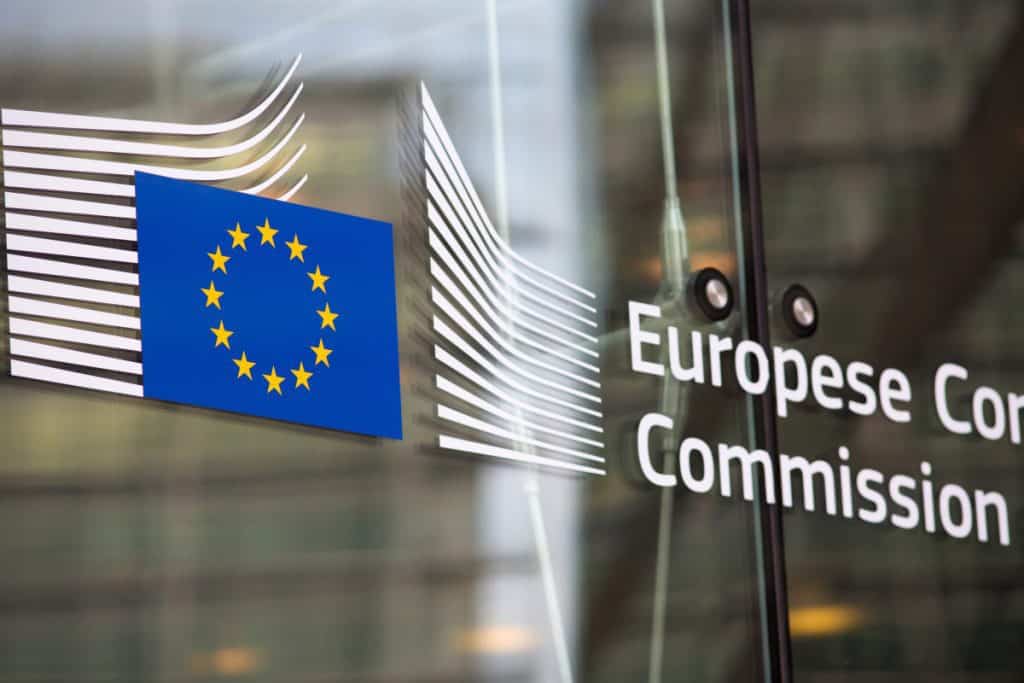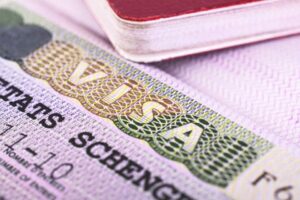The European Union and Schengen Zone’s new rules for Schengen Visa applications will be used as a way to tighten restrictions on Nigerian travelers coming to the EU. This comes as a response to Nigerian authorities continuously failing to do their part in the return and readmission of their nationals staying illegally in the EU.
EU Spokesperson for Foreign Affairs and Security Policy Virginie Battu-Henriksson explains that the new rules can have an impact on the length of visa-processing time, length of validity, the price of the visa application fee, and application fee waivers.
“This could have an impact on the processing time, the length of validity of the visa to be issued, the level of the visa fee to be charged and the fee waivers. It is important to note that this mechanism does not amount to a visa ban and does not call into question the right to submit an application for a visa or to be granted a visa. It only allows for a more restrictive implementation of some of the visa rules. This concerns short-stay visas to the Schengen area, covering stays of up to 90 days in any 180-day period,” Battu-Henricksson said.
Although these rules may not only affect Nigeria, in this case it is the European Commission’s way of countering the Nigerian government’s negligence when dealing with the return of their citizens traveling abroad.
If the level of cooperation from the Nigerian government remains insufficient, the European Commission along with member states can implement temporary, more restrictive ways of enforcing the new code.
Battu-Henriksson explains, “what the EU can do since new rules on short-stay visas to the EU became applicable on 2 February 2020, is to adapt the rules on processing short-stay visa applications, depending on whether a non-EU country cooperates satisfactorily on the return and readmission of their nationals staying irregularly in the EU.”
She further stated that the European Commission will regularly assess Nigeria’s cooperation.
“Under the new rules, the EU Commission will regularly assess the level of cooperation of non-EU countries on the readmission of irregular migrants. If the level of cooperation is insufficient, the commission, together with member states, can decide on a temporary more restrictive implementation of certain provisions of the visa code.
According to Battu-Henricksson, Nigerians are still among the top 10 nationalities detected as staying irregularly in the EU, despite the number of Nigerians traveling irregularly to the EU had dropped since last year.
“Nigerians still place among the top 10 nationalities detected as staying irregularly on the EU territory, although the number of Nigerians entering the EU irregularly declined drastically last year,” Battu-Henricksson said.
Battu-Henriksson said that this is not a ban on Nigerian nationals, similar to the immigration ban enacted by US President Donald Trump. The ban she refers to restricts the issuance of US visas that would lead to permanent residency in the US for Nigerian nationals, but would not affect tourism, official visits, or visits for business purposes. The new visa code went into force on 02 February 2020.















